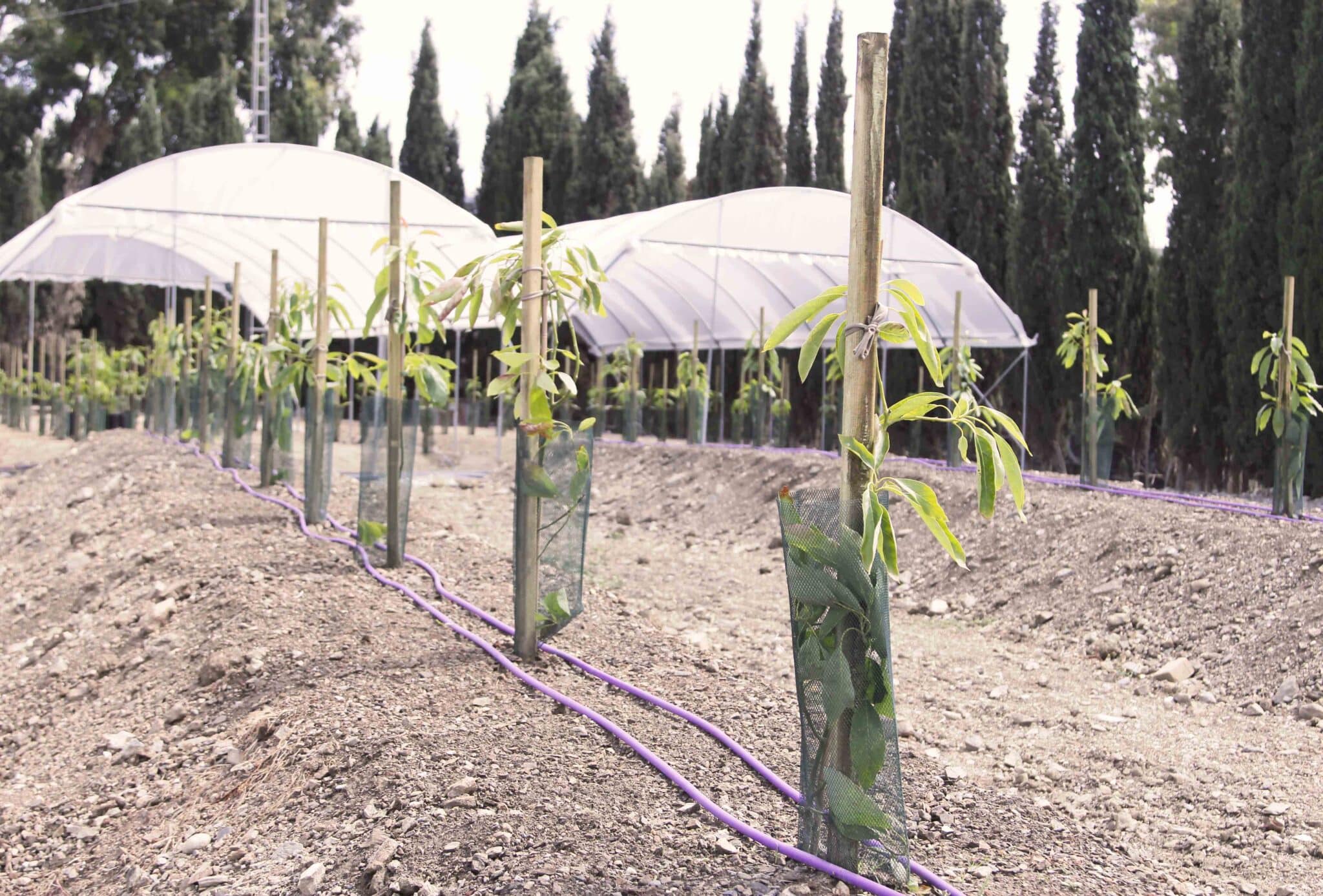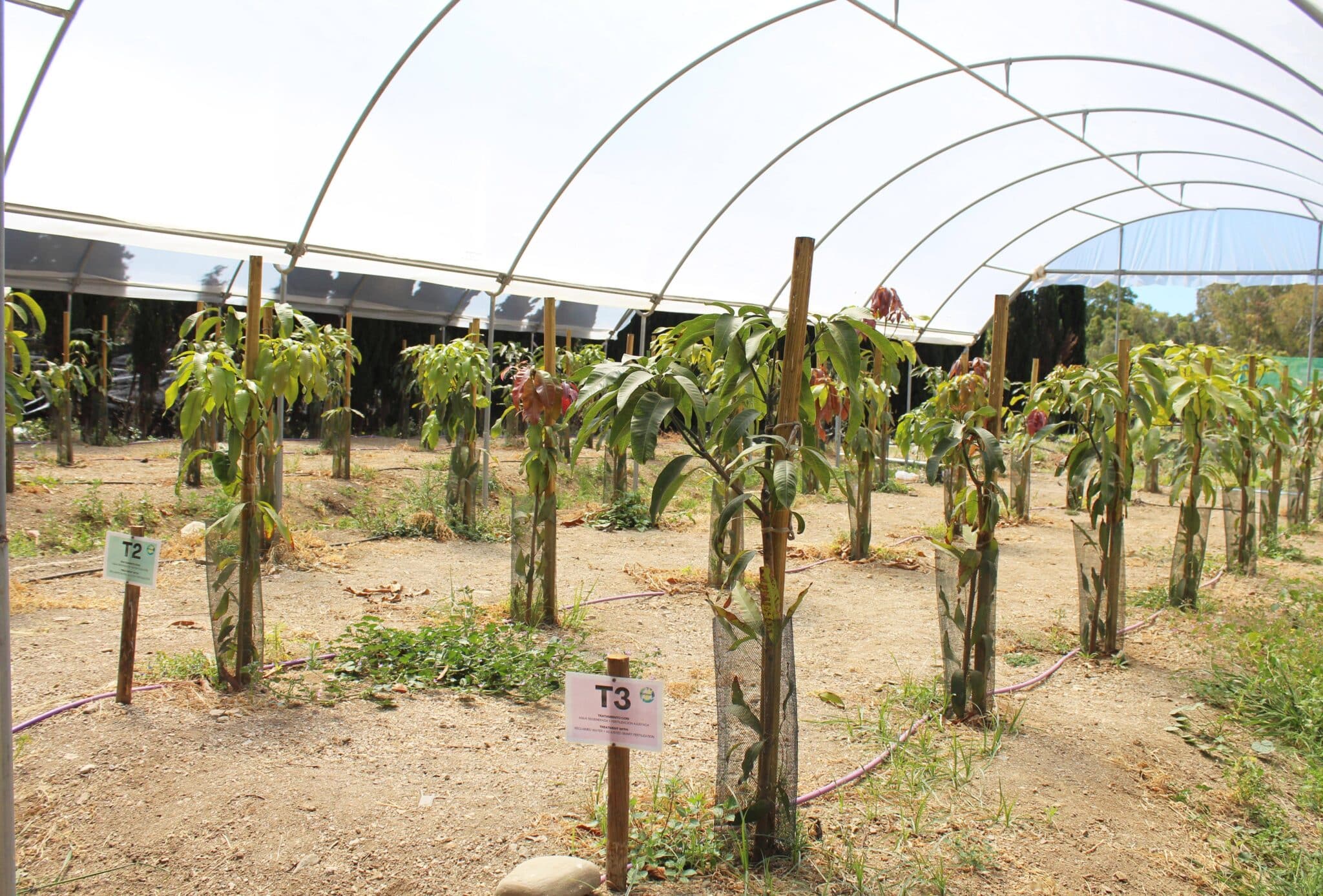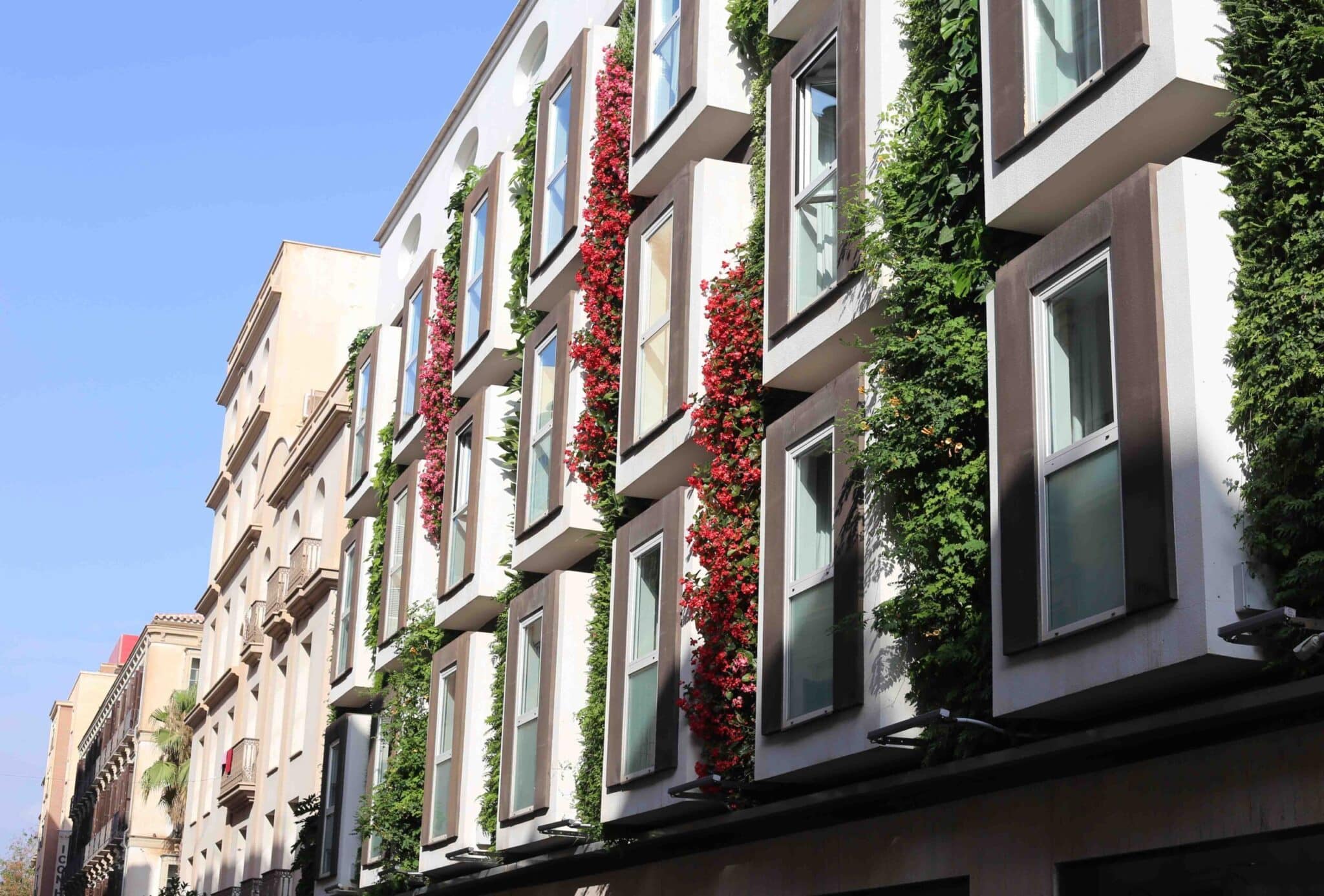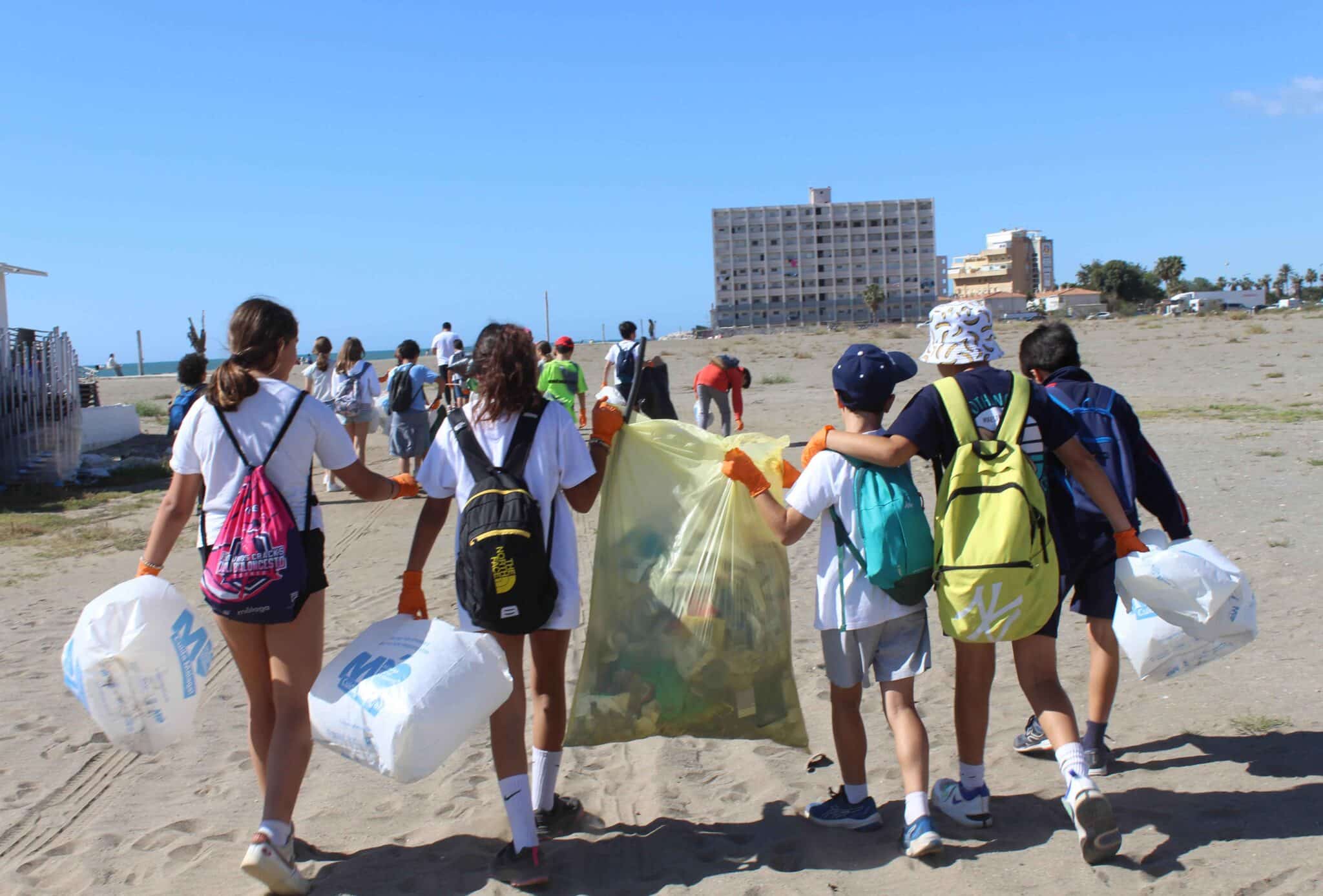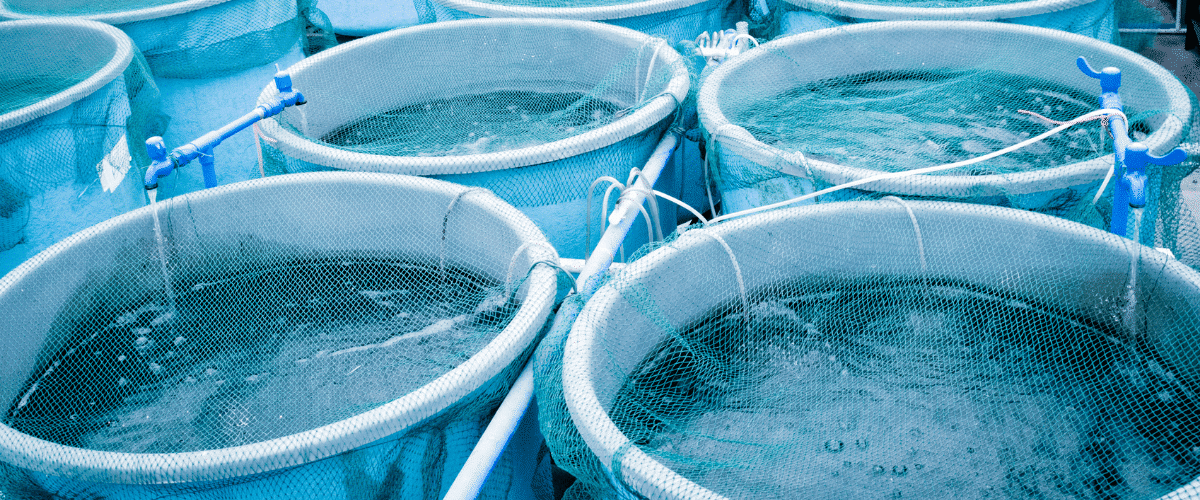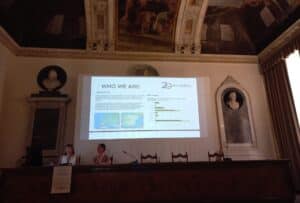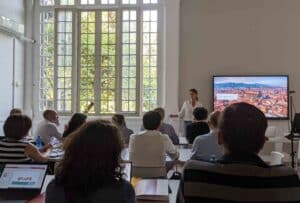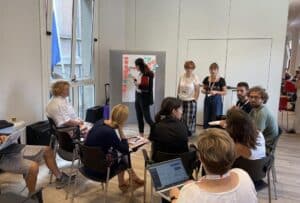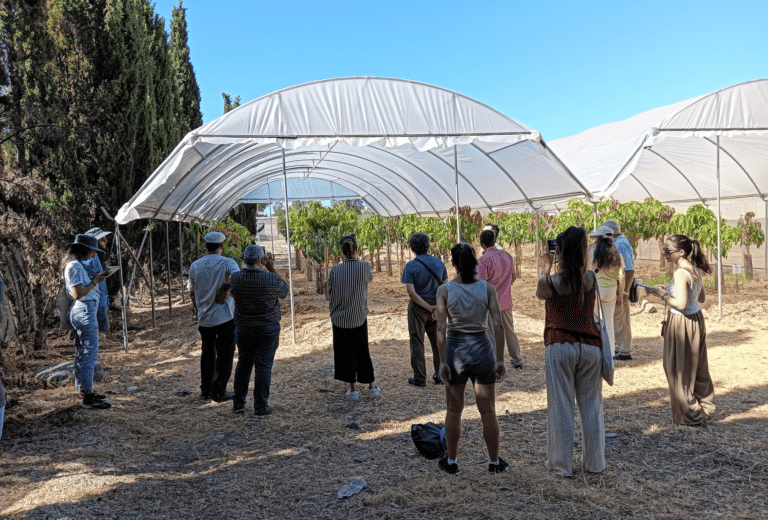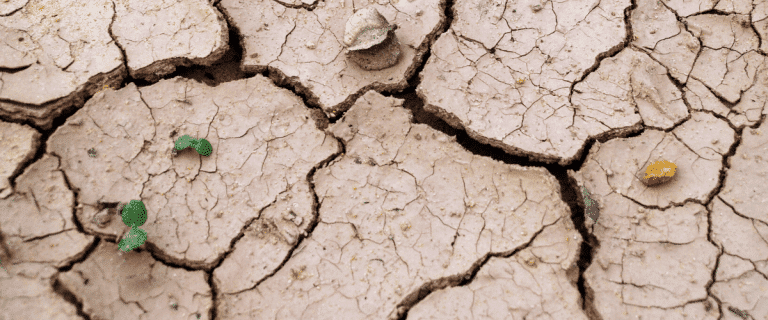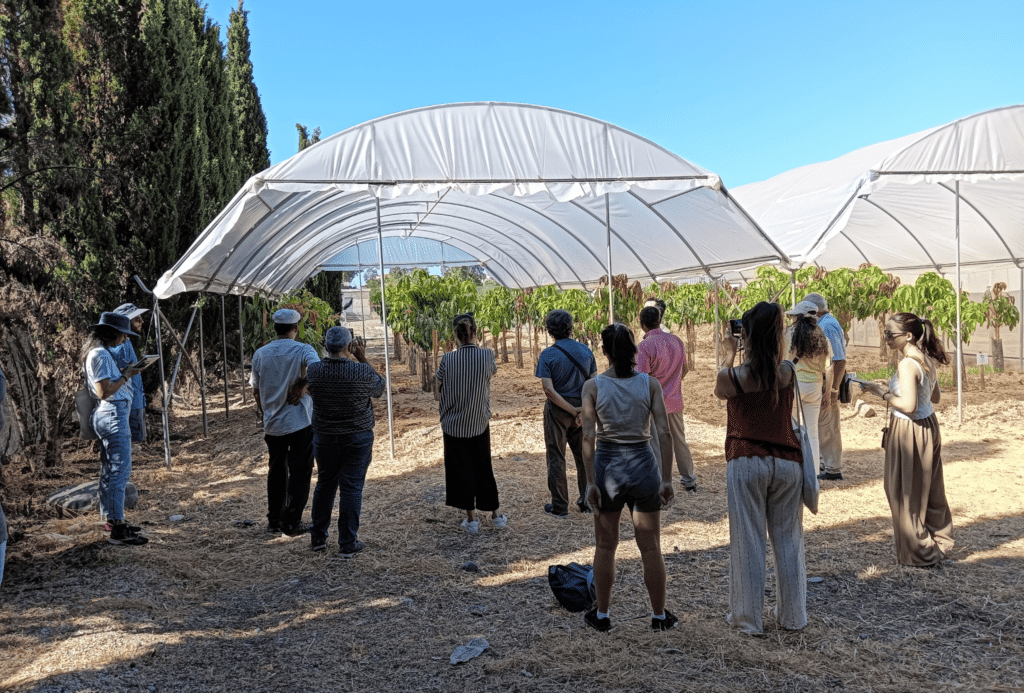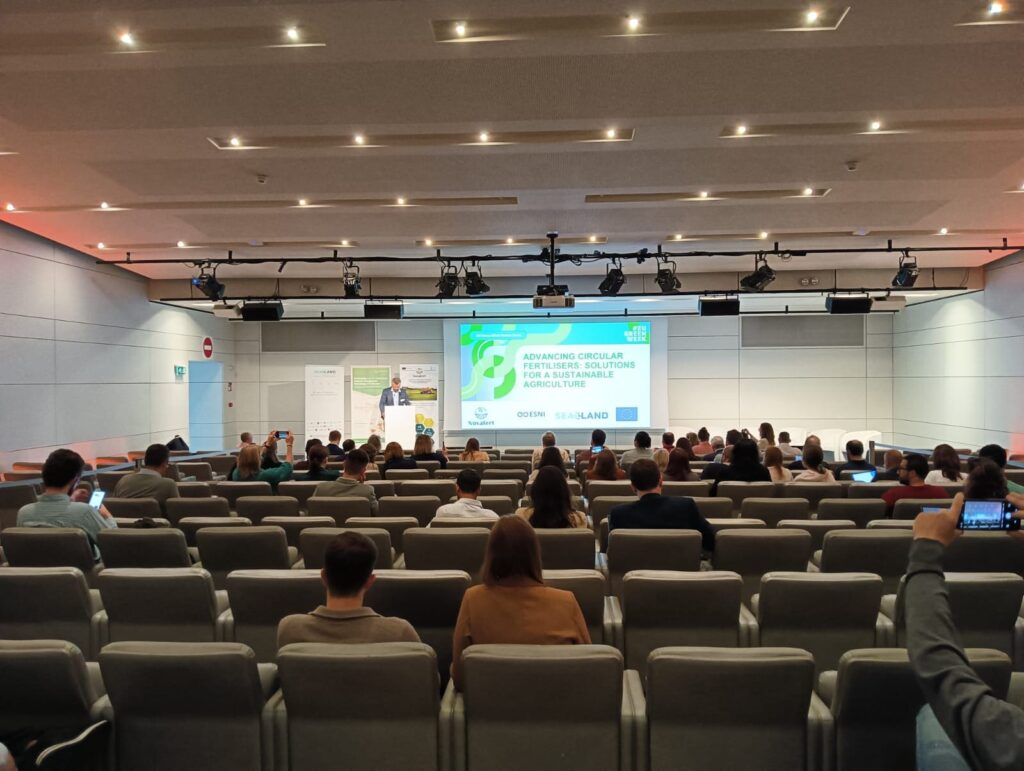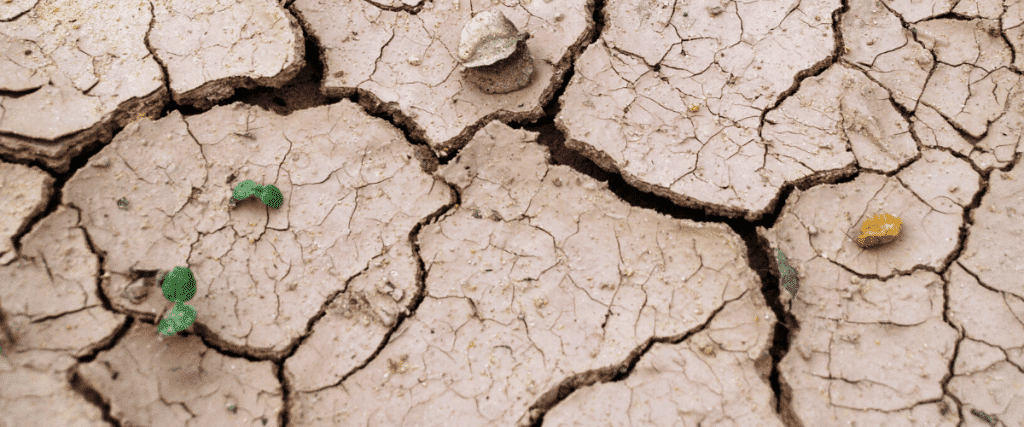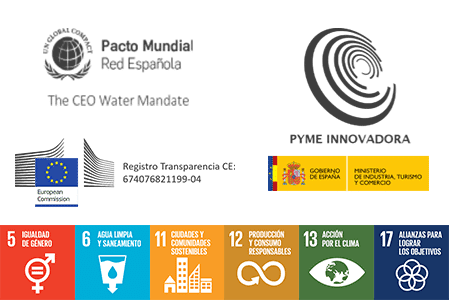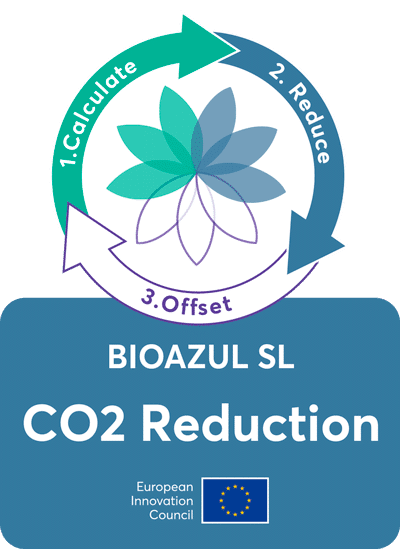Empowering rural communities to act for a just and sustainable transition of rural areas in Europe
On the 13-15th of September 2023, the just launched research project RURACTIVE officially kicked off its activities in Bologna, Italy. The multidisciplinary consortium, led by coordinator Prof. Simona Tondelli from the Department of Architecture at the University of Bologna, comprises 26 EU partners and three associated partners. Together, they will develop smart, community-led, tailor-made, place-based and inclusive solutions in 12 pilot cases around Europe to drive a just and sustainable transition of rural areas. Funded through the European Union’s Horizon Europe Research and Innovation Programme, the project will receive EUR 6.5 million over the next four years.
With some 136 million people, nearly a third of EU citizens live in rural areas. In both the European Green Deal and the Long-term Vision for Rural Areas, the European Commission has greatly emphasised rural areas’ development until 2040. Acknowledging the crucial role rural environments play in economic and social cohesion, the EU equally highlights the vital contribution rural areas must make towards the green transition and reaching ambitious climate and environmental targets. With a widening gap in economic and social wellbeing between urban and rural citizens, rural areas still face significant challenges. Especially when it comes to rural innovation, obstacles such as lower education attainment, services and infrastructure deficiencies as well as a lack of digital skills still need to be overcome.
Nonetheless, rural communities and territories have a vast potential to become vibrant centres of innovation grounded in local resources, grassroots action, creativity and social inclusion. Boosted through digital innovation, valorisation of local resources and training, rural areas can strive to become attractive places for all people to live, work and stay. The new research project RURACTIVE (Empowering rural communities to act for change) aims to build on this potential to develop and introduce innovative approaches for a sustainable and just transition in support of the European efforts as well as the Sustainable Development Goals.
Community-based action for strong, connected, resilient and prosperous rural societies
“Central to RURACTIVE is the creation of strong networks with the project embedded right at the heart of local communities,” says Prof. Simona Tondelli, full professor in Urban and Regional Planning at the Department of Architecture at the Alma Mater Studiorum – University of Bologna and coordinator of the RURACTIVE consortium. “We will enable and create Multi-Actor Rural Innovation Ecosystems, as communities of people, places and practices that share interests in specific sectors in 12 pilot areas across Europe. Together with a wide range of local stakeholders, including local communities, the project will enhance the capacity for communities to co-develop, implement and monitor smart solutions by addressing six key topics. These cover multimodal mobility, energy transition, agri-food and agroecology, culture and cultural innovation, health and wellbeing as well as nature-based and cultural tourism,” she adds. “Additionally, we will focus on climate change mitigation and adaptation, biodiversity, and social justice as crosscutting priorities as we believe there is no just transition if we do not reflect upon climate issues and social inclusion”.
Co-developing local skills for sustainable rural development
RURACTIVE will work closely with the 12 pilot areas, called Dynamos, to establish local Multi-Actor Rural Innovation Ecosystems. To ensure their sustainability, the project will place great emphasis on addressing and strengthening multilevel governance, training and capacity development, place-based progress and inclusive participatory processes looking also at more vulnerable groups such as older adults, people with disability, migrants and refugees. Women-led innovation will also be boosted and gender issues in marginalised areas will be considered and addressed throughout the project. Digital connectivity and learning are considered key enablers for the diversification of economic activities and smart solutions. Therefore, providing digital skills training and resources to rural communities is at the core of the project.
RURACTIVE places great value on replicating the developed approaches and utilising established tools and resources in additional rural areas beyond the project duration. By spreading the smart, community-led, tailor-made, place-based and inclusive solutions to rural development, the consortium wishes to support societal change for many rural communities across Europe.
